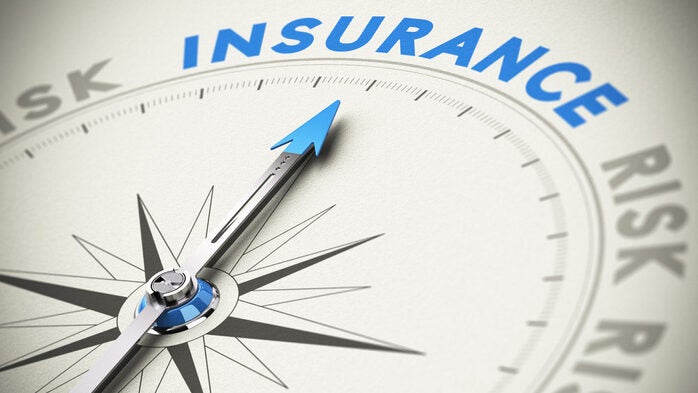Property Insurance: Your Questions Answered

You have probably invested considerable time and money in your property. You may suffer financial losses if an accident damages your property or its contents. It is important to choose a policy that will cover you against financial losses. Property Insurance Policy In some cases, it is also called home insurance. Property insurance is less known than other general insurance plans such as motor or health insurance. It is a shame, as homes are valuable financial assets that should be protected from different hazards. Let’s look at some of the most frequently asked questions about property insurance to simplify it and increase awareness.
FAQs about Property Insurance
Answers to some frequently asked questions about property insurance.
1. What are the benefits of a policy for property insurance?
You must first understand that coverage is dependent on the policy. Each policy comes with its own set of exclusions and inclusions. One policy may cover something that another does not. You can expect that a policy for house property will cover both the building itself (the structure) as well as the contents (furniture, wall units, etc.). As noted in the policy, you can expect to be covered against fire, theft or burglary, explosions and implosions as well as natural disasters such as storms, cyclones and floods. As specified in the policy, it may also include coverage for the breakdown of household appliances, electronic equipment damage, pedal cycles, broken plate glass and other items. Home insurance policies have terms and conditions that govern claims.
2. Can a policy of property insurance cover the policyholder for third-party liability?
Some property insurance policies cover third-party liability. Bajaj Allianz General Insurance’s House Holders Policy provides third-party coverage. This coverage kicks in if the third party is injured or their property is damaged while on the insured premises. * All claims are subject to the terms and conditions of your home insurance policy.
3. How do you determine the amount insured for a policy of property insurance?
In most cases, the amount insured under such policies can be determined by two different methods: the reinstatement value and market value. The maximum amount that the insurer will pay depends on the cost to replace the damaged item. This is subject to the ceiling of the sum insured. Here, depreciation will not be taken into account. The maximum amount payable is calculated using the market-value method after subtracting depreciation based on the age of the asset. Other methods such as agreed-value basis or new-for-old can be used. Home insurance policies have terms and conditions that govern claims.
4. Do the contents of the policy cover the policyholder if they travel with the insured?
It depends on which property insurance policy you select. Items are usually only covered when they are present or stored within the insured premises. * The Householders Package policy, for example, covers jewellery. In the event that damage is caused to the jewellery within the insured premises, the compensation specified in the policy will be paid. If the insured jewellery is damaged while the policyholder or another family member is travelling with it or carrying it around, the insurance company might not be responsible. * All claims are subject to the terms and conditions of your home insurance policy.
5. What is the process of a claim for a policy on property insurance?
You must inform your insurer of the incident that occurred in order to file a claim. The claim will then be verified by the claims department and a surveyor appointed. The surveyor will examine the claim in detail. The surveyor will ask you to provide documents and information. The surveyor will then create a report based on the information provided. The claim will be processed within a few days. The terms and conditions of the home insurance policy apply to claims.
6. Who can purchase a policy of property insurance?
Property insurance policies are available to anyone who wants to protect their home and its contents. You must own an insured interest in your property to be eligible for a policy. You must be financially at risk if your property is damaged. You should also be truthful about the property or contents that you want to insure. The items that you want to insure, for example, must not be valued too high. Your claim could be affected if the insurer discovers that you were dishonest in valuing your property. Home insurance policies have terms and conditions that govern claims. Please note that while the above FAQs are comprehensive, the information can vary from insurer to insurer and plan to plan. Refer to your Personal Property Insurance Please refer to the policy text for more information.





